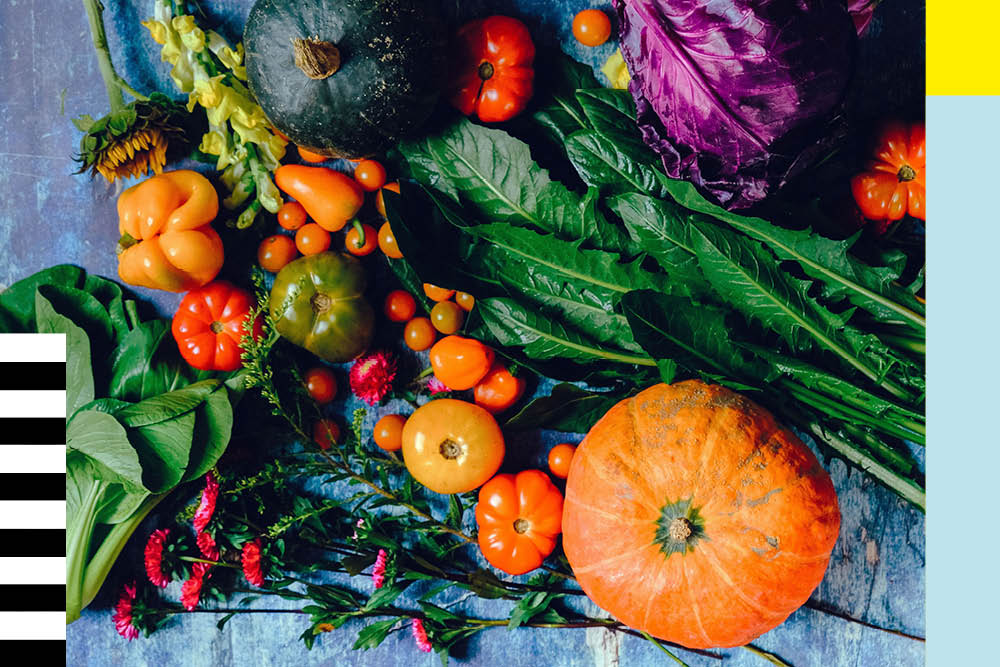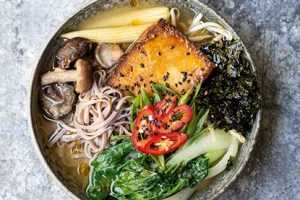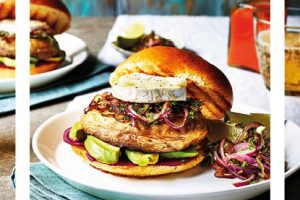How to cheat on meat, and stay healthy

With burger joints popping up on almost every street corner and the growing popularity of the Paleo diet, it seems Londoners are madder for meat than ever. Certified Nutritional Health Coach, Candi Giacchetti, talks risks, benefits and healthy meat choices.
The health risks associated with eating meat have been widely publicised for years with meat consumption linked to chronic diseases such as breast, colon, prostate, pancreatic and gastric cancers, heart disease and diabetes. However, it seems that more of us are turning to heavy meat-eating in order to lose weight and build lean muscle mass.
Animal protein is considered to be one of the building blocks of a balanced diet, providing important vitamins and minerals essential to our health. It has been a part of the human diet for the past 1.5 million years. So what’s the beef with eating too much beef?
Cutting down is the first step
Wellness activist and cancer ‘thriver’, Kris Carr, cites in her book, Crazy Sexy Diet, that “as protein consumption goes up, so do the rates of chronic disease.”
The recommended daily protein intake is 55g for men and 45g for women, but according to the British Nutrition Foundation, in the UK the average daily protein intake is 88g and 64g respectively with the main source of our dietary protein being red meat and meat-like products.
An average-sized chicken breast contains about 38g of protein, however, it is not necessary to obtain all of our protein from meat at every meal. Avocados, broccoli, kale, nuts, porridge oats, quinoa, sweet potatoes and hummus are just some of the many sources of plant-based protein readily available to us. Not only are these alternatives full of goodness, but they are also leaner and contain the fibre our bodies need to maintain a healthy digestive system.
What about Iron?
So often non-meat eaters will complain of low iron levels but tofu, chickpeas, spinach, lentils, pumpkin seeds, swiss chard, beetroot, raisins and sesame seeds are all non-meat sources of iron. Eating a varied diet of fresh fruit and vegetables, nuts and whole grains will provide you with all the vitamins and minerals your body needs to stay healthy.
Antibiotics
According to the Soil Association. ‘nearly 50% of all antibiotics are used in intensive livestock production to compensate for crowded and unnatural conditions on factory farms. Most pigs, poultry and dairy cows receive antibiotics routinely, whether or not they are unwell, and in recent years new E.coli and MRSA superbugs have become major problems on European farms.’
The major concern about the routine use of antibiotics in mass-market meat production is the build-up of antibiotic-resistant genes in the soil, the workers and anyone living in the local vicinity. Because the antibiotics used in farming are similar to those used for humans, the evolution of antibiotic-resistant bacteria is a serious public health threat.
Genetically Modified (GM) feed
Alarmingly, nearly all the meat, meat products, eggs and poultry sold in our supermarkets have been raised on GM crops but are not labelled as such. Although EU law states that GM foods must be labelled, the law does not apply to products produced from GM animal feed.
The Soil Association website states that “As far as the big supermarkets go, only Waitrose can guarantee that all the animals supplying its own organic meat, eggs and milk are fed a non-GM diet. The most reliable GM-free sanctuary is organic. Organic is shorthand for many good things including food produced with care for soils, wildlife, plants and farm animals and – ultimately – healthy people. So thank goodness for organic standards, enshrined under European law, for banning GMOs.”
Processed meat products
Studies have shown that the carcinogenic nitrates and chemicals used in processed meats such as hot dogs, sausages, bacon, ham, salami and pâtés put us most at risk of cancer.
Animal welfare
Factory-farmed animals are kept in cramped, confined spaces under conditions unrecognisable from what nature intended. Abel and Cole supply both organic and high welfare meat, plus they deliver!
Whether you’re a practising pre-historic carnivore, a weekday vegetarian or simply curious, eating less, better quality meat will significantly reduce your risk of heart disease and associated cancers. Substituting some of your meaty meals with plant-based proteins will naturally regulate your body weight, ensure a healthy gut and also contribute to saving the planet.
We are all different and no one diet works for everyone. Experimenting with different foods and being mindful of the way your body feels is key to finding your unique balance. No matter what you decide, choose to eat consciously and remain respectful of the choices of others.
Meaty health tips:
- Cut down and join in! Sign up to Meat Free Mondays and make a difference.
- Become a ‘take away vegetarian’. Grab the veg option from a good, fresh take away outlets such as super healthy porridge oats, a green smoothie and a bag of nuts, vegetable minestrone or a hummus salad wrap.
- Be mindful of your portions. A flattened palm-sized portion of meat, chicken or fish is ample. Bulk up your meals with delicious fresh vegetables. Add a fist-sized portion of whole grains for a more substantial meal.
- Know where your meat comes from. Choose organic, pasture-raised and antibiotic-free meat from animals that have been fed their natural diet. Ask your butcher or order online.
- Avoid all processed meats such as sausages, hot dogs, bacon and salami.
- Choose to eat organic eggs wherever possible.
- Like meat, farmed fish can be heavily contaminated with pesticides and antibiotics and may even have been fed on GM soy and corn. The water they swim in is often over crowded and very dirty. Choose sustainable, wild or line-caught fish from the Marine Conservation Society’s online list www.fishonline.org
- Be thrifty and experiment with less popular cuts such as pollack, chicken livers, lamb shanks and skirt steak. A steal but no less tasty!
- Make a little go a long way and use leftover bones to make nutritious broths.
- Eat iron-rich foods such as spinach with vitamin C to aid absorption.
- If you are a vegetarian or plan to cut out meat altogether, be responsible and eat a nutritious, varied diet. A vitamin B12 supplement is essential.












